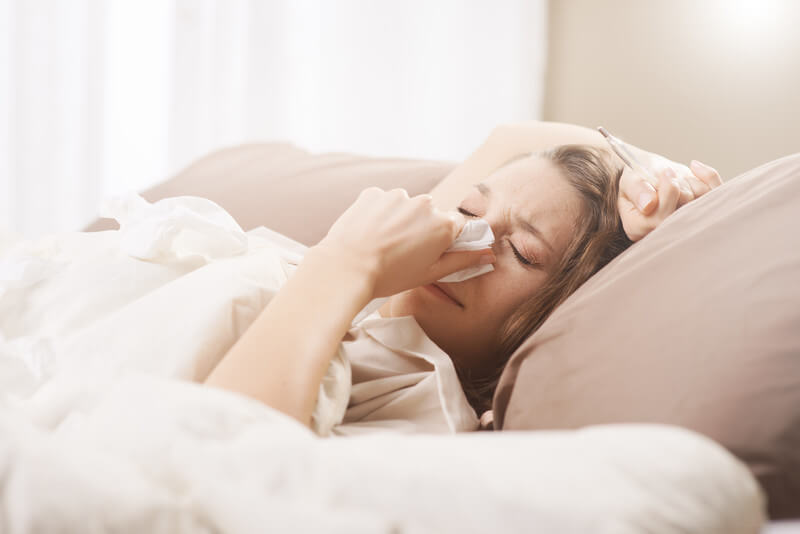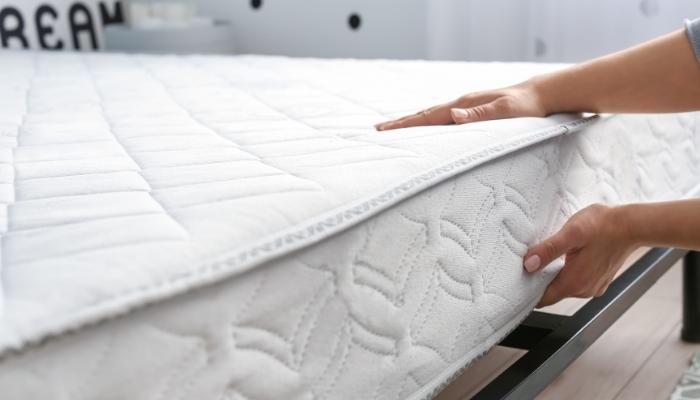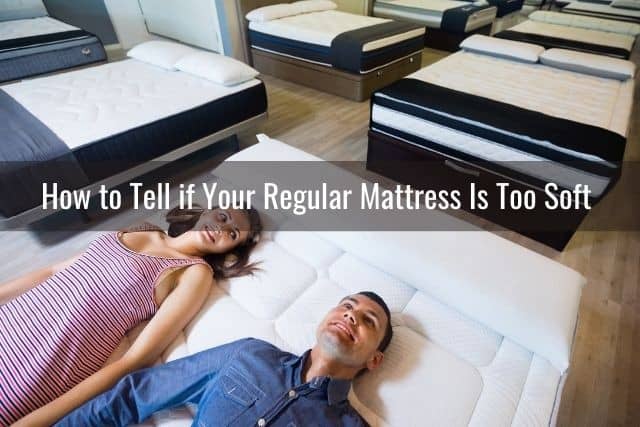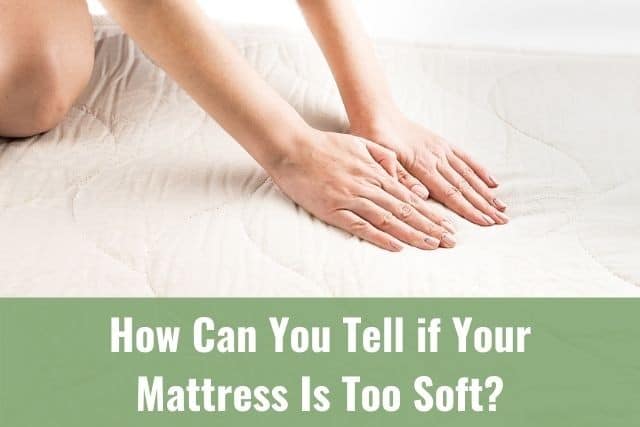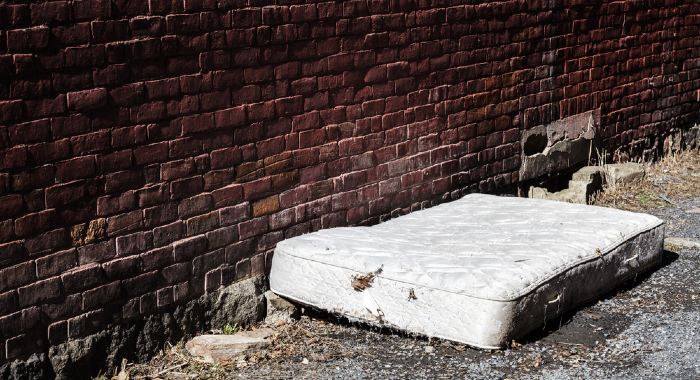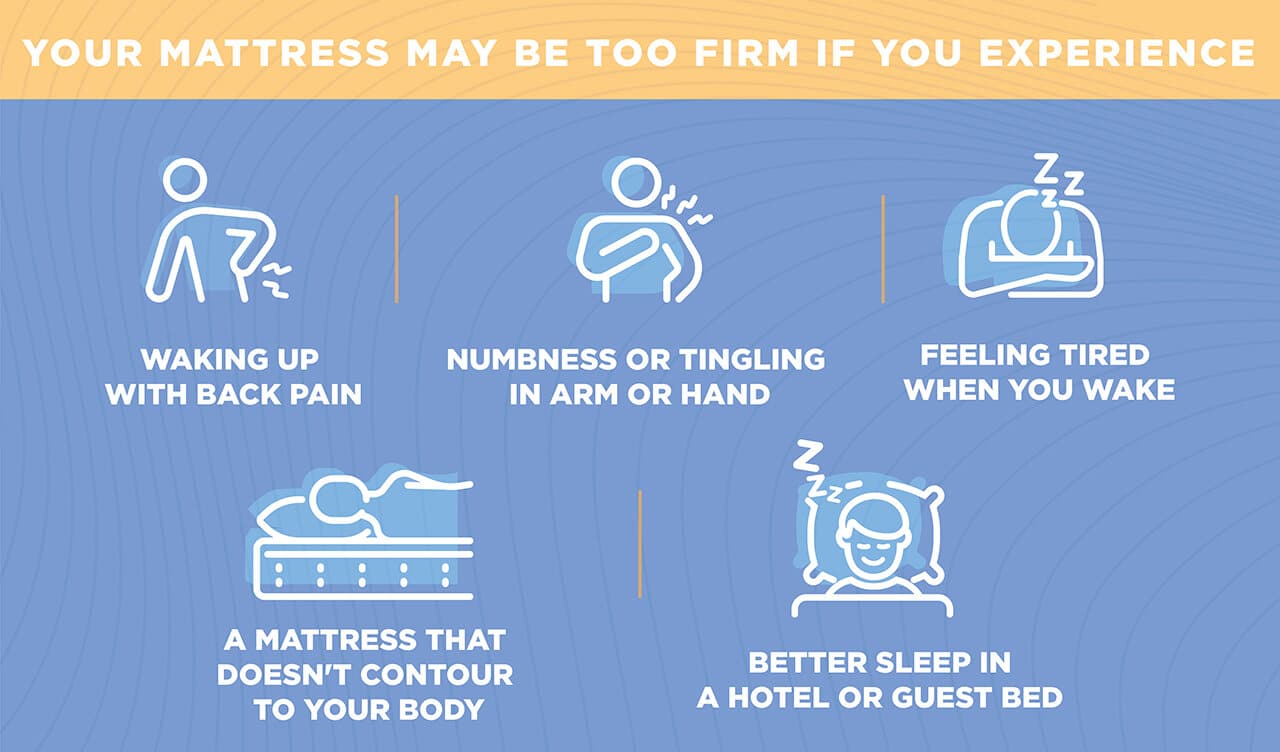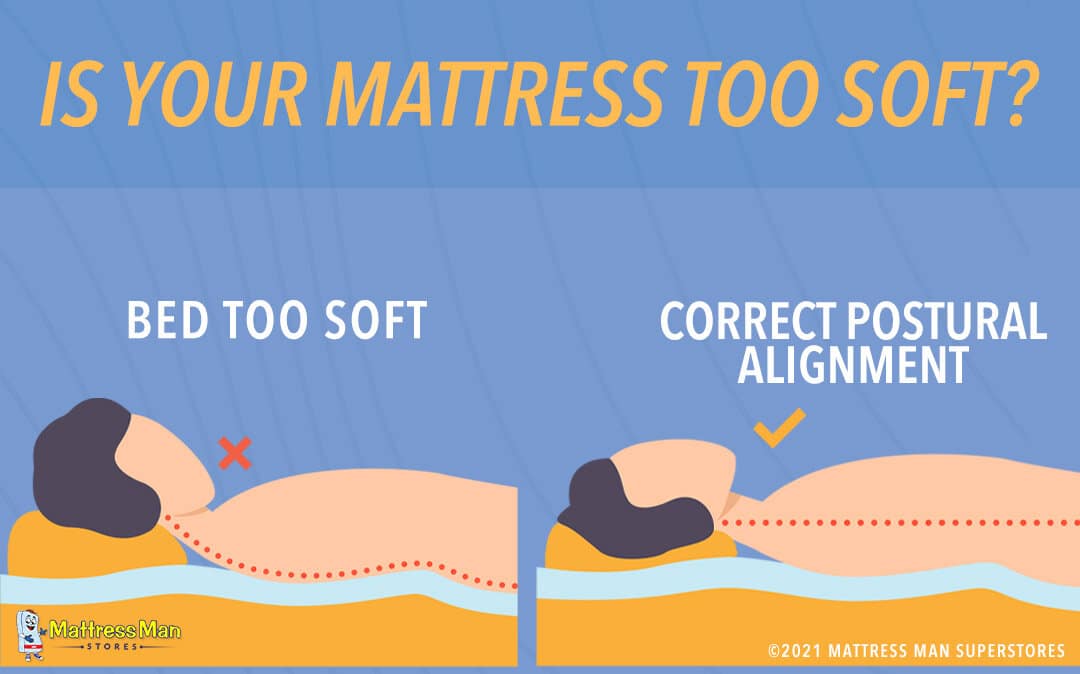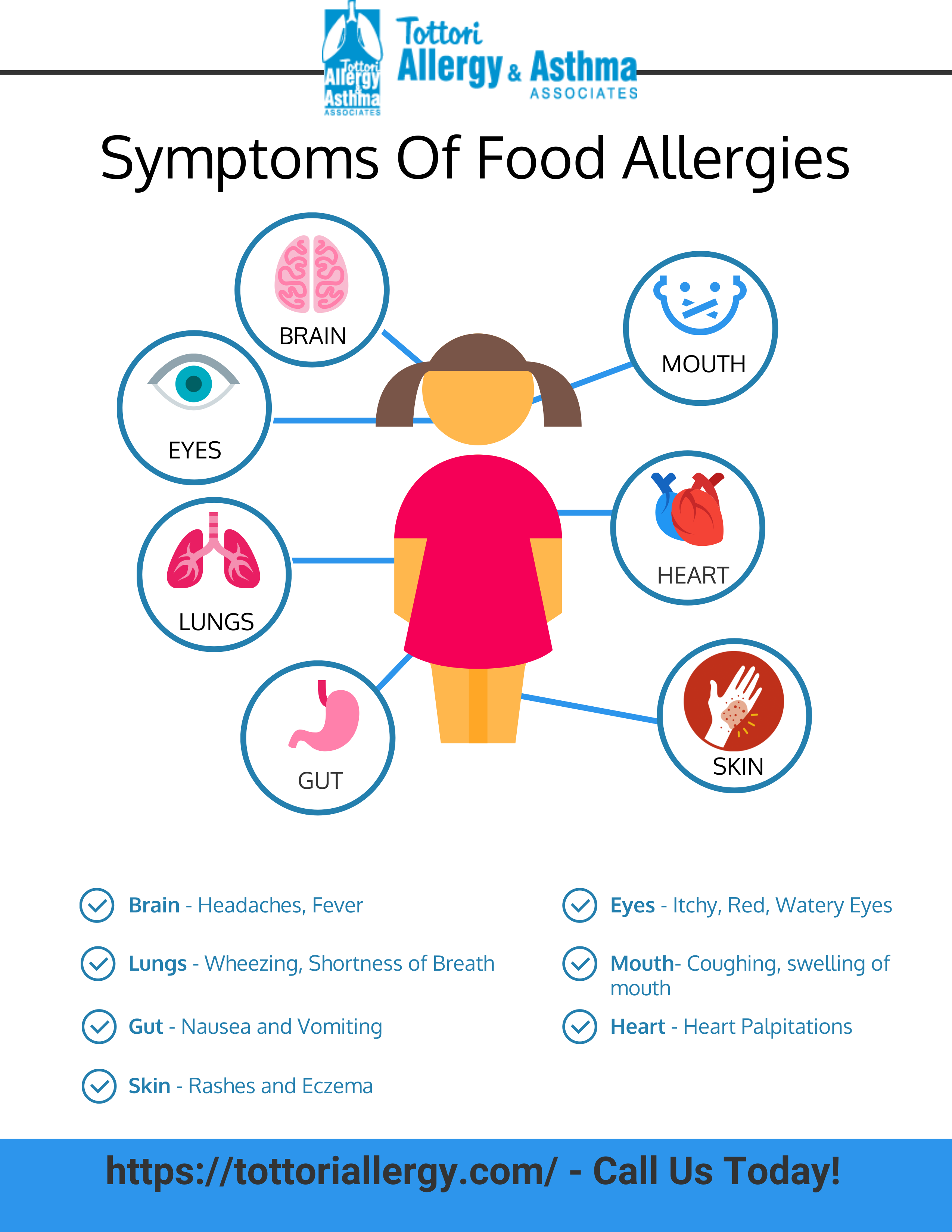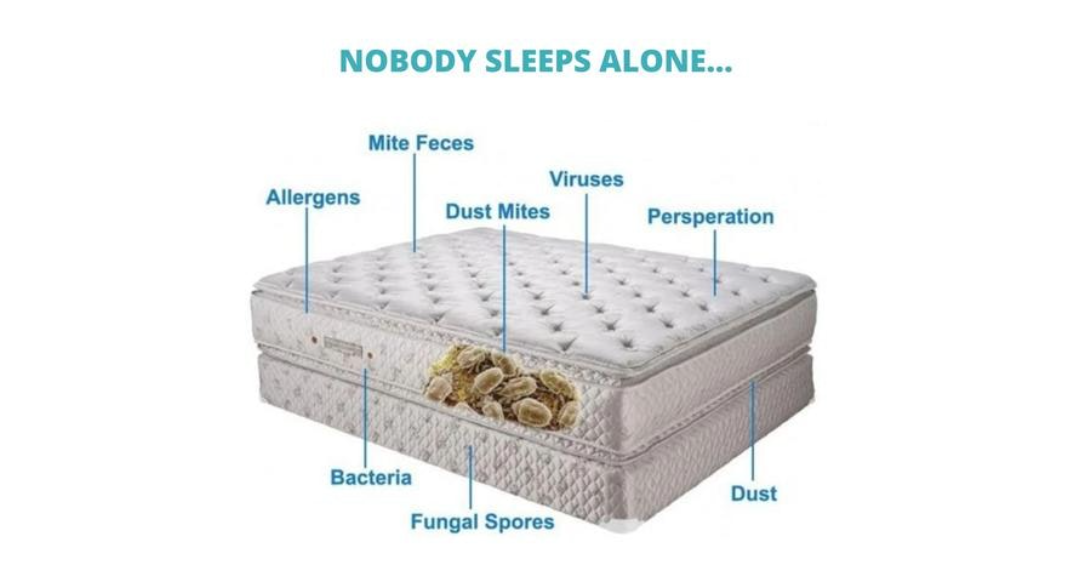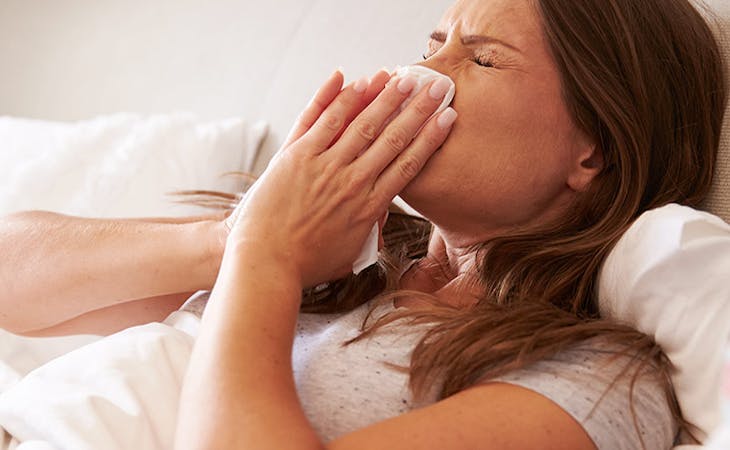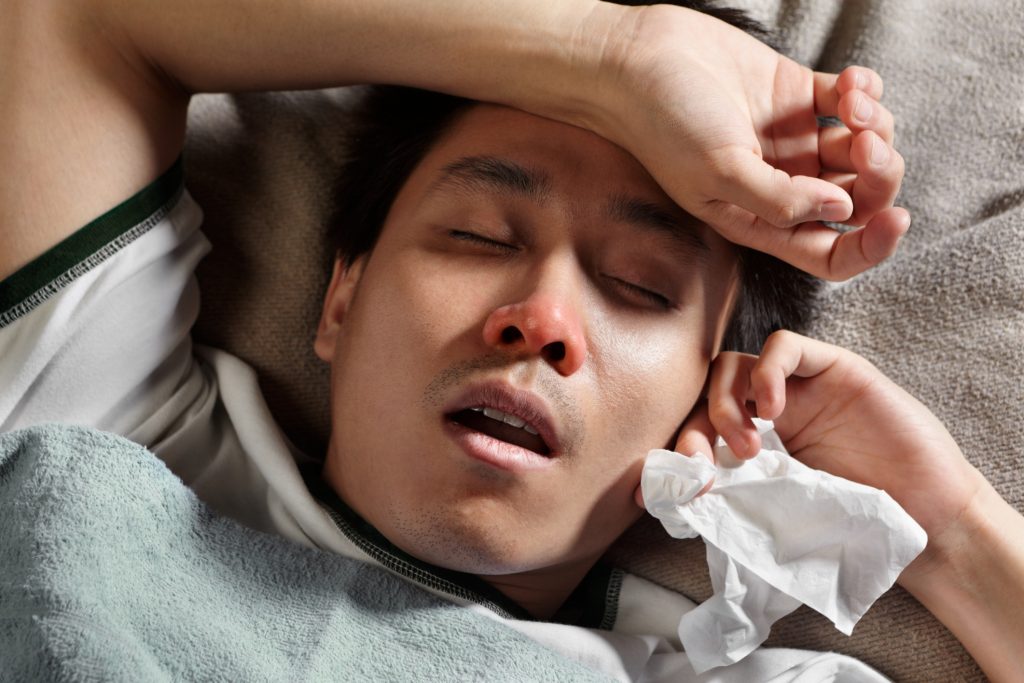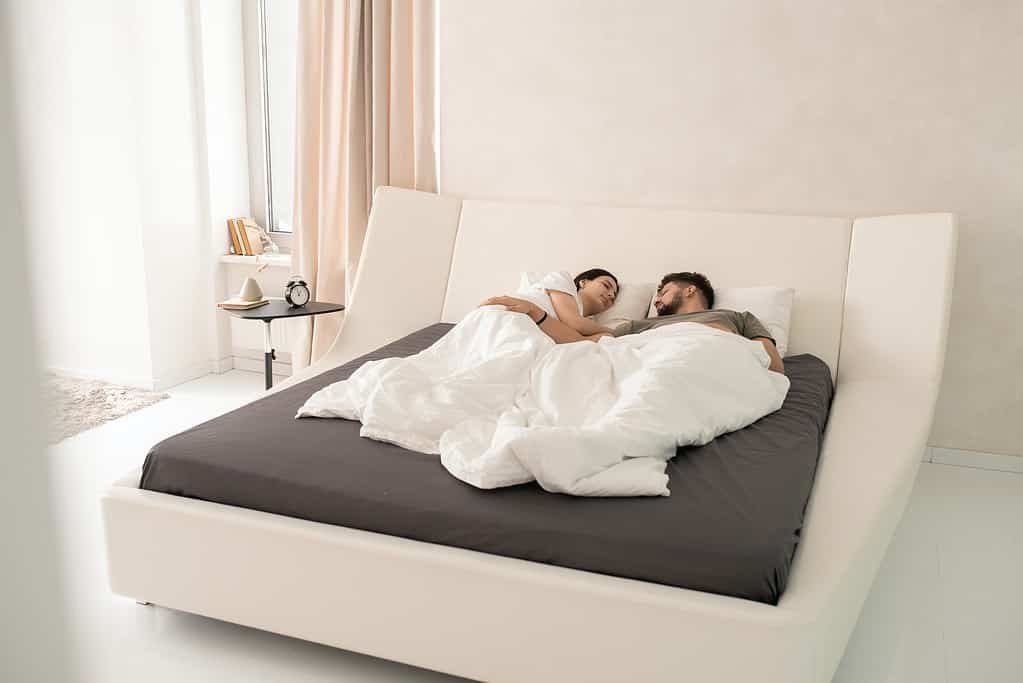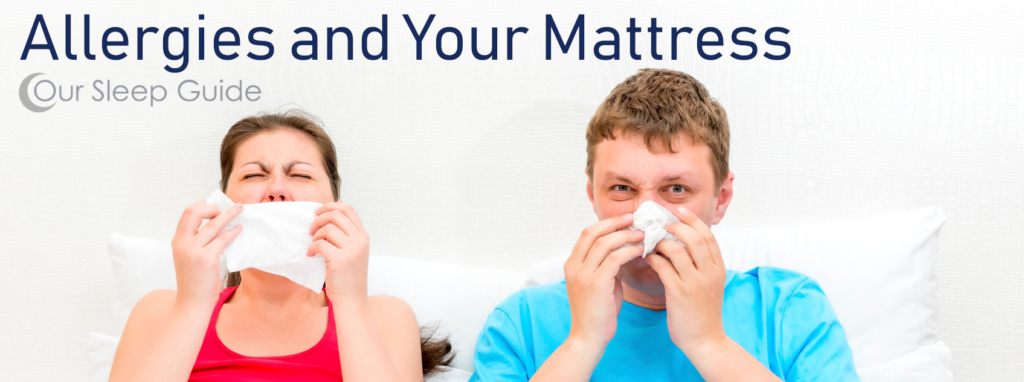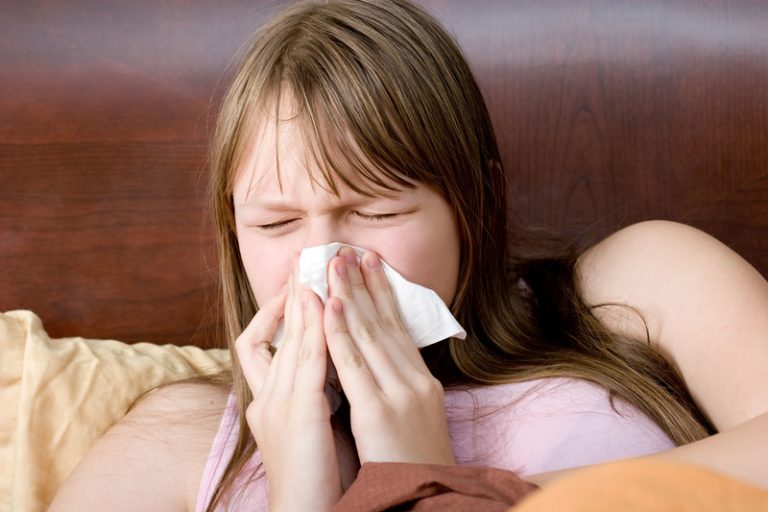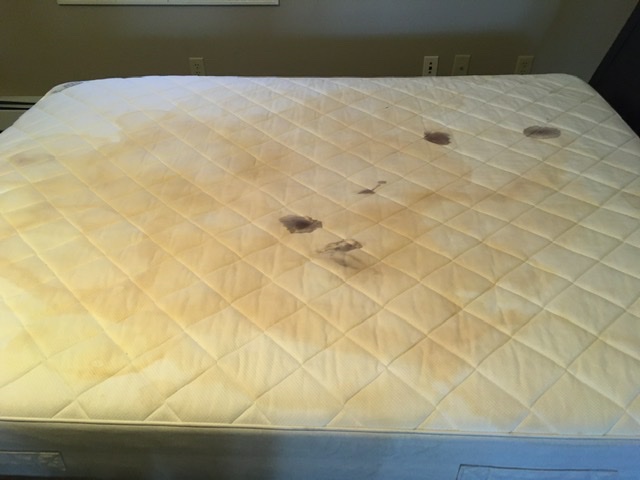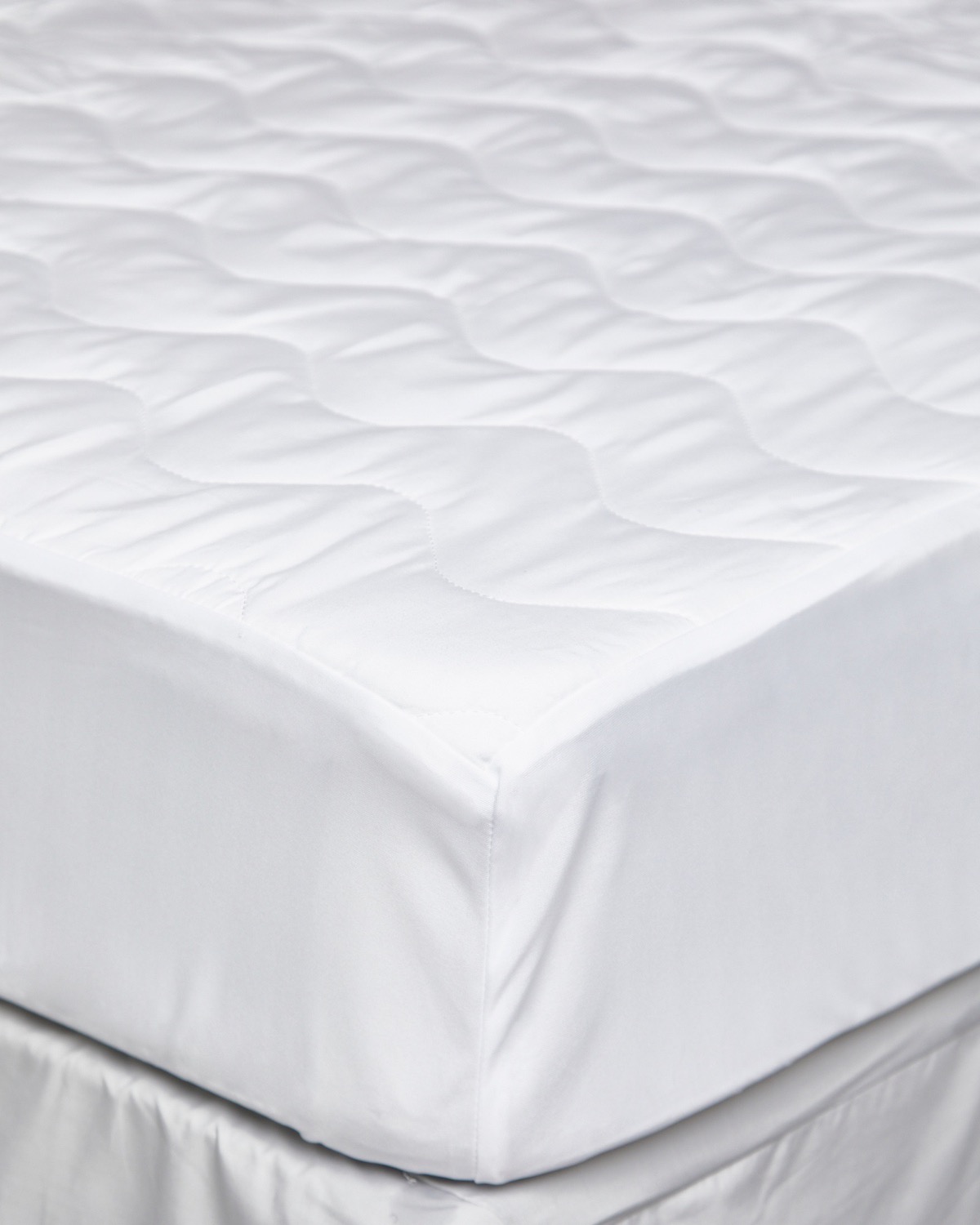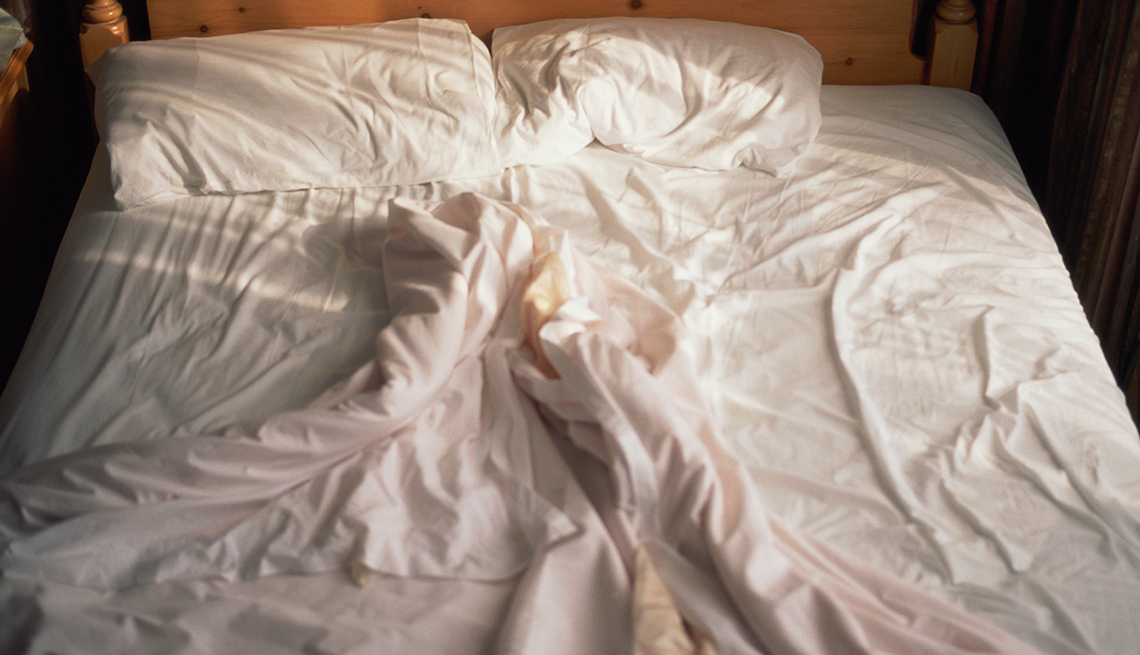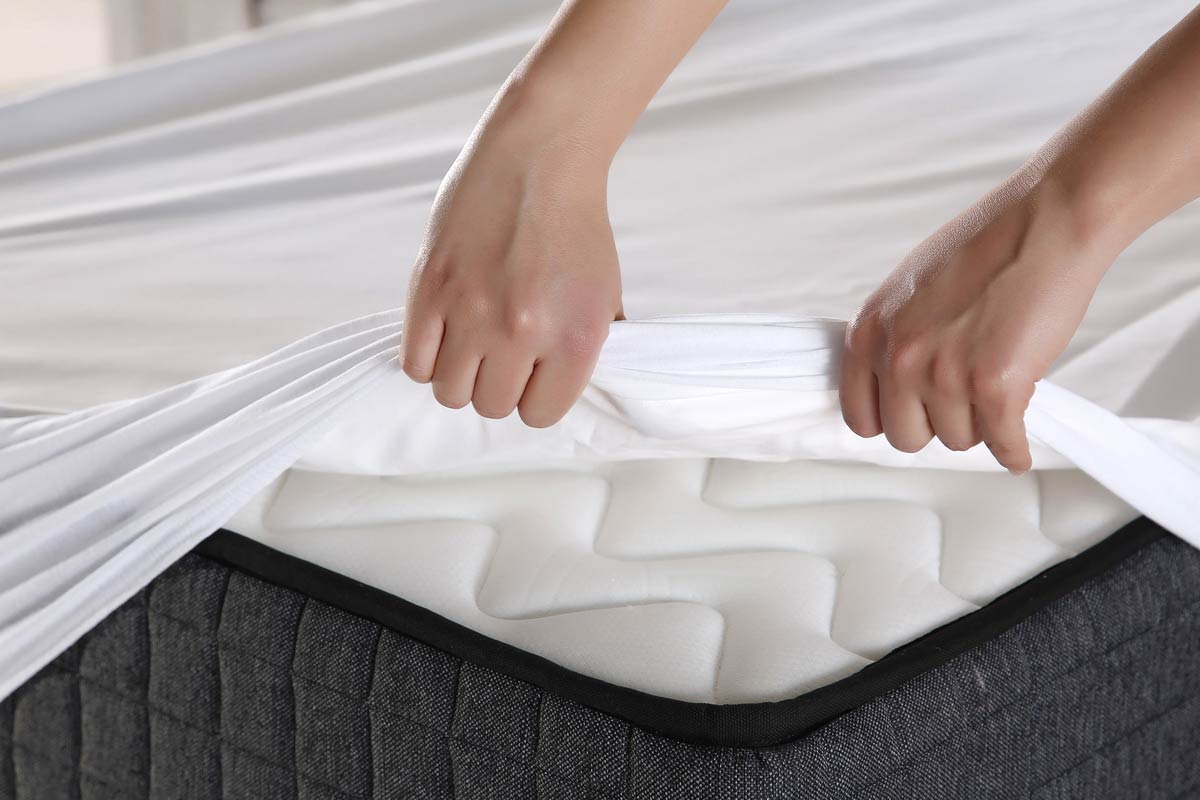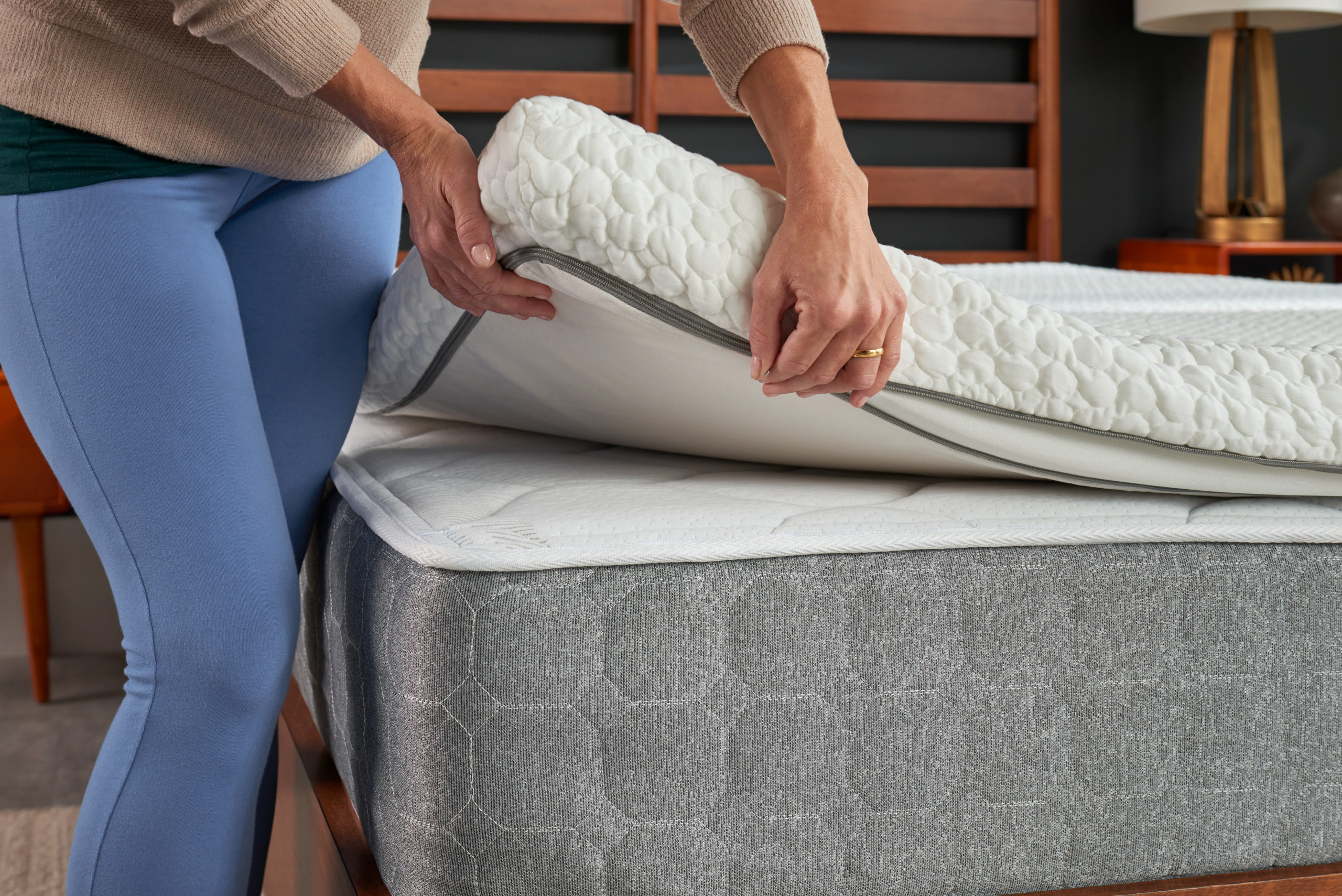mattress causing allergies may sound like an unlikely scenario, but the truth is that your mattress could be a breeding ground for allergens that can wreak havoc on your health. From dust mites to mold and pet dander, your mattress may be harboring a variety of allergens that can trigger sneezing, coughing, and other uncomfortable symptoms. In this article, we'll explore the top 10 ways your mattress could be making you sick and what you can do to prevent it.Can a Mattress Cause Allergies?
While we often associate allergies with seasonal changes or outdoor allergens, the reality is that indoor allergens can be just as harmful. In fact, your mattress could be one of the main culprits for indoor allergies. Here are 10 surprising ways your mattress could be making you sick: 1. Dust Mites Dust mites are tiny creatures that live in your bedding, including your mattress. They feed on dead skin cells and their droppings can cause allergic reactions, such as sneezing, coughing, and itchy eyes. If you have a dust mite allergy, your mattress could be triggering your symptoms. 2. Mold If your mattress gets wet or is exposed to moisture, it can become a breeding ground for mold. Mold spores can cause allergic reactions and even lead to respiratory problems. If you live in a humid environment or have a tendency to sweat heavily while sleeping, your mattress may be at risk for mold growth. 3. Pet Dander If you allow your pets to sleep on your bed, their dander can accumulate in your mattress and trigger allergies. Even if you don't have pets, dander can easily be carried into your bedroom on your clothes or shoes. 4. Pollen If you like to leave your windows open or spend time outdoors, pollen can easily make its way into your bedroom and settle into your mattress. This can be particularly troublesome for those with seasonal allergies. 5. Chemicals Many mattresses are made with chemicals, such as flame retardants and formaldehyde, that can release harmful substances into the air. These chemicals can cause allergic reactions and other health problems. 6. Old Mattress If you've had your mattress for more than 8 years, it may be time for a replacement. Over time, mattresses can accumulate allergens and lose their effectiveness in providing a clean and comfortable sleep environment. 7. Poor Quality Mattress Even if your mattress is relatively new, poor quality materials or construction can make it more susceptible to allergens and other irritants. It's important to invest in a high-quality mattress to avoid potential health problems. 8. Allergen-Proof Covers While allergen-proof mattress covers can help keep allergens at bay, they can also trap moisture and create a breeding ground for mold and mildew. It's important to regularly wash and replace these covers to prevent this from happening. 9. Lack of Regular Cleaning If you don't regularly clean your mattress, it can accumulate dust, dirt, and other allergens over time. This can lead to a buildup of irritants that can trigger allergic reactions. 10. Not Vacuuming Your Mattress Most people vacuum their carpets and furniture, but often forget about their mattress. Vacuuming your mattress regularly can help remove allergens and keep it clean and fresh.10 Surprising Ways Your Mattress Could Be Making You Sick
Now that you know the top 10 ways your mattress could be making you sick, it's important to understand how these issues can affect your health. Allergies can cause a variety of symptoms, including:How Your Mattress Could Be Making You Sick
If you're experiencing any of the symptoms mentioned above, your mattress could be making you sick. It's important to pay attention to your body and how you feel after waking up in the morning. If you notice a pattern of allergic reactions or other health issues, it's time to take a closer look at your mattress.Is Your Mattress Making You Sick?
The short answer is yes. While a mattress itself may not cause allergies or asthma, it can definitely exacerbate these conditions. If you already have allergies or asthma, a dirty or poor-quality mattress can trigger symptoms and make them worse. It's important to choose a mattress that is hypoallergenic and suitable for those with respiratory issues.Can Your Mattress Cause Allergies and Asthma?
If you're unsure whether your mattress is making you sick, there are a few signs to look out for:How to Tell If Your Mattress Is Making You Sick
If you want to narrow down the cause of your allergies or other health problems, here are 5 signs that your mattress could be the culprit:5 Signs Your Mattress Is Making You Sick
If you suffer from allergies or asthma, choosing the right mattress can make all the difference. Here are some tips to keep in mind when shopping for a mattress:How to Choose a Mattress for Allergies and Asthma
The short answer is yes. A dirty mattress can accumulate allergens, such as dust mites, mold, and pet dander, that can trigger allergic reactions. It's important to regularly clean and maintain your mattress to prevent these irritants from building up.Can a Dirty Mattress Cause Allergies?
To keep your mattress allergy-free, here are some tips to follow:How to Keep Your Mattress Allergy-Free
The Connection Between Mattresses and Allergies
Understanding the Link
 When it comes to allergies, most people think about triggers such as pollen, dust, or pet dander. However, your
mattress
may also be causing your allergies to worsen.
Allergens
can easily accumulate in your
mattress
over time, leading to a range of symptoms such as sneezing, watery eyes, and congestion. This is especially problematic for those who suffer from
asthma
or other respiratory conditions.
When it comes to allergies, most people think about triggers such as pollen, dust, or pet dander. However, your
mattress
may also be causing your allergies to worsen.
Allergens
can easily accumulate in your
mattress
over time, leading to a range of symptoms such as sneezing, watery eyes, and congestion. This is especially problematic for those who suffer from
asthma
or other respiratory conditions.
The Role of Dust Mites
 One of the main culprits behind
mattress
-related allergies is the presence of
dust mites
. These tiny creatures thrive in warm and humid environments, making your
mattress
the perfect breeding ground. As you sleep, you shed
dead skin cells
which become a tasty meal for these
dust mites
. They also produce
fecal matter
which can trigger allergic reactions when inhaled.
One of the main culprits behind
mattress
-related allergies is the presence of
dust mites
. These tiny creatures thrive in warm and humid environments, making your
mattress
the perfect breeding ground. As you sleep, you shed
dead skin cells
which become a tasty meal for these
dust mites
. They also produce
fecal matter
which can trigger allergic reactions when inhaled.
Other Potential Allergens
 Apart from
dust mites
, your
mattress
may also harbor other
allergens
such as mold, pet dander, and pollen. If you have pets that sleep on your
mattress
, their
dander
can easily accumulate within the fibers, causing allergic reactions for those who are sensitive to it. If you live in an area with high pollen levels, it's likely that some of it will stick to your
mattress
and trigger allergies as well.
Apart from
dust mites
, your
mattress
may also harbor other
allergens
such as mold, pet dander, and pollen. If you have pets that sleep on your
mattress
, their
dander
can easily accumulate within the fibers, causing allergic reactions for those who are sensitive to it. If you live in an area with high pollen levels, it's likely that some of it will stick to your
mattress
and trigger allergies as well.
Preventing Allergies from Your Mattress
 The first step in preventing
allergies
caused by your
mattress
is to ensure that you keep it clean and free from
dust mites
and other
allergens
. Regularly vacuuming your
mattress
and using
mattress
covers can help reduce the number of
dust mites
and other
allergens
present. It's also important to wash your
bedding
regularly in hot water to kill any
dust mites
and remove any accumulated
allergens
. Investing in a
hypoallergenic mattress
can also be beneficial for those with severe allergies.
The first step in preventing
allergies
caused by your
mattress
is to ensure that you keep it clean and free from
dust mites
and other
allergens
. Regularly vacuuming your
mattress
and using
mattress
covers can help reduce the number of
dust mites
and other
allergens
present. It's also important to wash your
bedding
regularly in hot water to kill any
dust mites
and remove any accumulated
allergens
. Investing in a
hypoallergenic mattress
can also be beneficial for those with severe allergies.
In conclusion, while your mattress may not be the first thing that comes to mind when thinking about allergies , it can play a significant role in triggering or exacerbating your symptoms. By taking the necessary steps to keep your mattress clean and allergen-free, you can improve your overall health and sleep quality.
